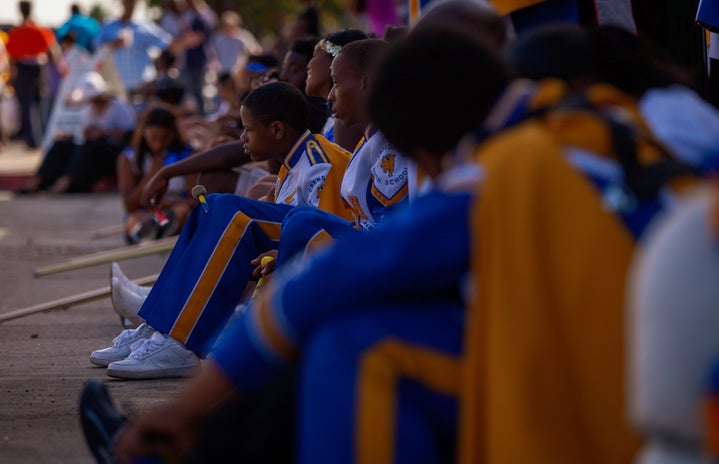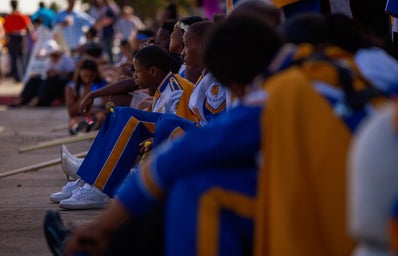The stereotypical high school flick. Repeated hundreds of times over the years, this species of movie has become so overdone and overrated that it has practically become a trope. Amidst the backdrop of some average-looking school (often with a presidential name), the guy gets the girl, various shenanigans are involved, there’s usually some authority figure like the principal who is publicly humiliated, and in the end everything is always resolved with a cheesy musical number—roll credits and fin. But some of you might be wondering: where did it all begin? The answer is unequivocally The Breakfast Club, which celebrated its 30th birthday this month on February 15. Sure, there were teen movies before it and many that came after—but John Hughes’ 1985 classic about 5 students from different social groups who end up spending a Saturday together in detention took the teen film industry by storm and set an unparalleled standard for the high school flick that filmmakers have been trying to embody ever since. It wasn’t just the catchy ’80s music or the memorable quotes:
And let’s not forget the most popular…
The film owes its success to Hughes’ ability to take a simple plot and turn it into a cinematic masterpiece. Five delinquent kids spending a Saturday in the library doesn’t exactly sound like a worthwhile setting, but through their awe-inspiring conversations, some wonderful adventures, and several tearjerking performances, you are brought into a life-changing experience that only Hughes could create. It was his ability to see teenagers for what they really were—intelligent, funny, unique and above all, human—with bigger problems than just who was taking them to prom or how well they could style their hair. Often times the problem with teen flicks is that they oversimplify high school students to the point of making them virtually one-sided and utterly unrelatable. In The Breakfast Club, we get a refreshing and groundbreaking change: colorful characters each with their own special back stories (Bender the burnout with an abusive father, Brian the geek who was pushed by stress to the point of contemplating violence, Andrew the star wrestler who could never live up to his father’s high expectations).
What spoke even more volumes was how over the course of a day, these five diverse teens who under any other circumstances wouldn’t have been caught dead with each other, managed to form a beautiful bond and come out with the realization we all tend to forget in the social hierarchy of life: that when it comes down to it, we’re really not that different after all. Maybe that’s why this film has endured so after all these years. Yes the fashions have changed, as has the music and the lingo—but the outcome still rings true for all future generations. That’s why we’ll continue to be talking about this movie 50, 100 years from now—because an amazing idea like that can never go out of style.
Sincerely yours, Her Campus.

